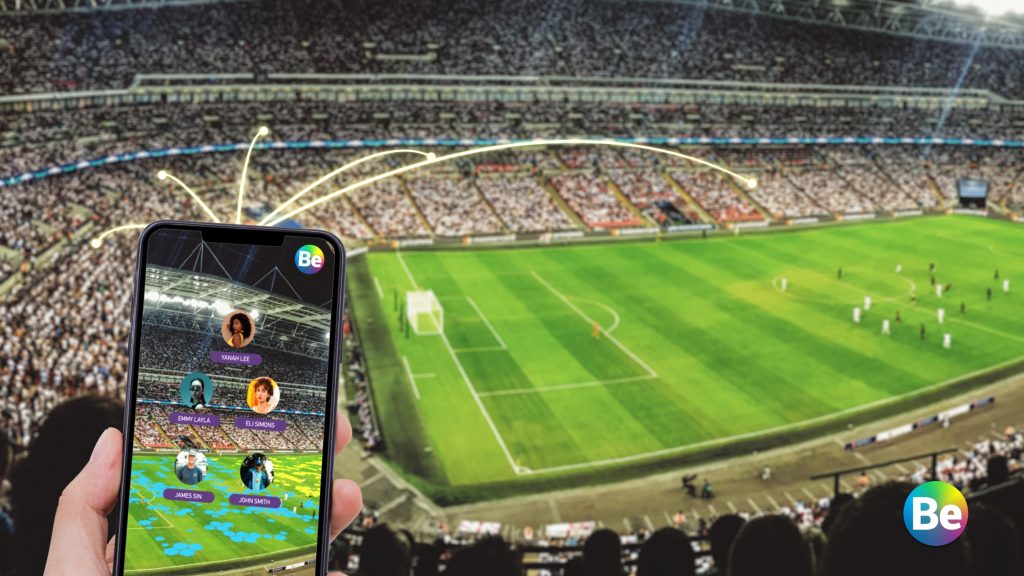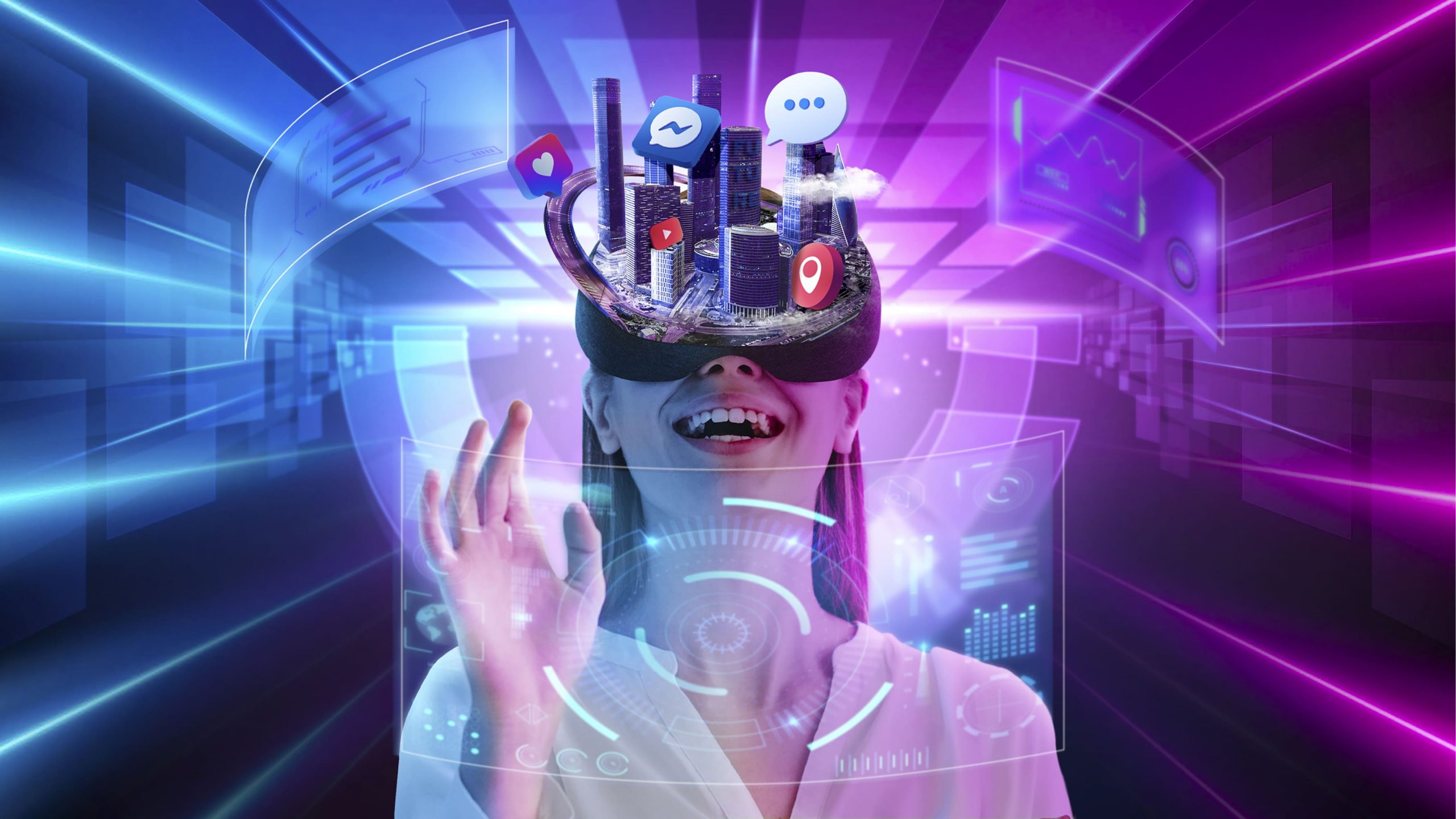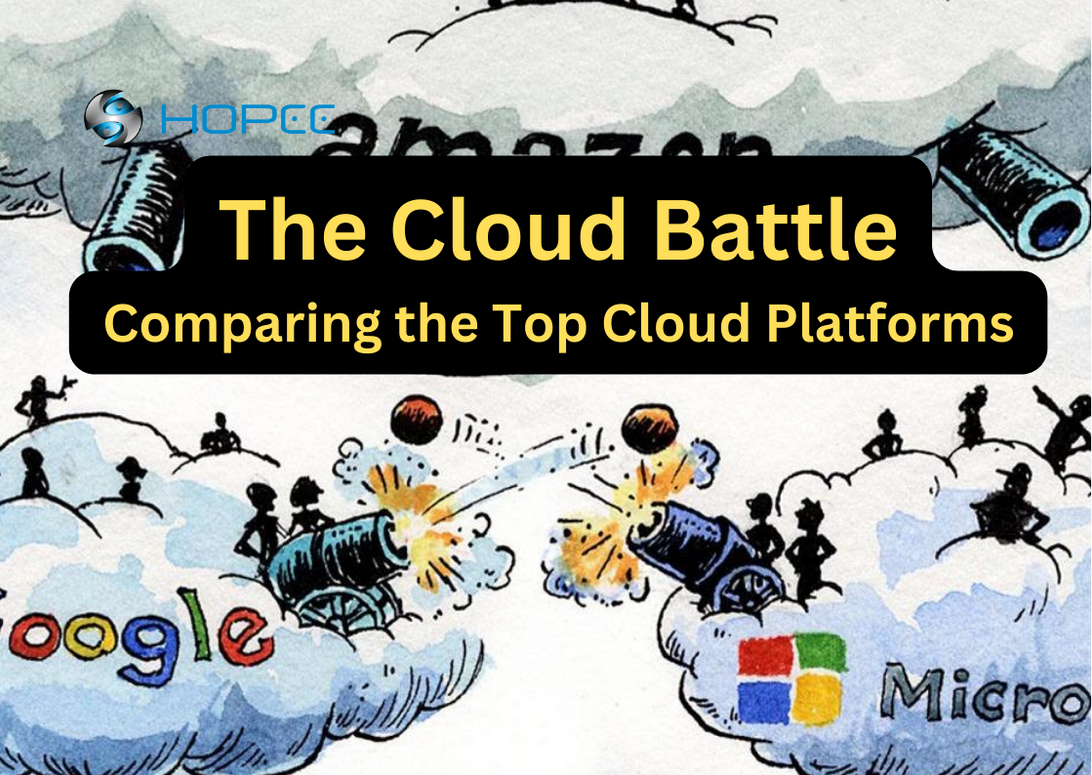Technology has become an integral part of the healthcare industry, transforming the way patients receive medical care and improving the quality of care provided by healthcare professionals. From electronic health records (EHRs) to telemedicine, technology has the potential to revolutionize healthcare and make it more accessible, efficient, and effective. In this article, we will explore some of the ways technology is changing healthcare.
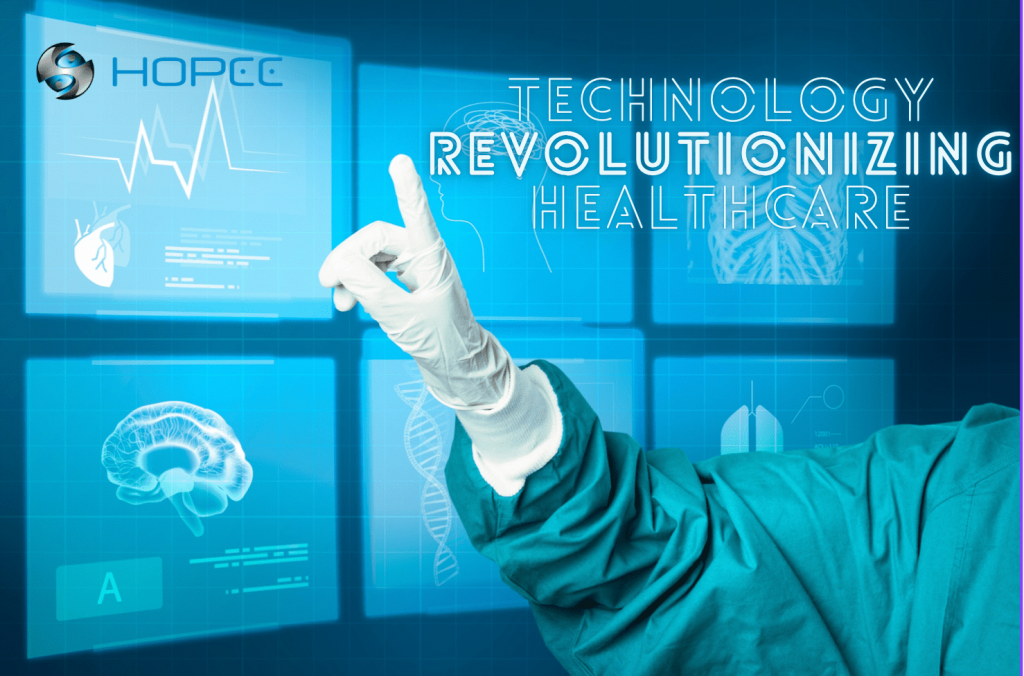
Electronic Health Records (EHRs)
EHRs are digital versions of a patient’s medical records, which are stored in a centralized database. EHRs enable healthcare professionals to access and update a patient’s medical records in real-time, facilitating better coordination of care among different healthcare providers. They can also help reduce medical errors by providing accurate and up-to-date information about a patient’s medical history, allergies, and medications.
Telemedicine
Telemedicine is the use of technology to provide remote medical care. This kind of medicine allows patients to access medical care from anywhere, improving access to medical care, especially in rural or remote areas. Telemedicine can also reduce healthcare costs by eliminating the need for travel and reducing hospital readmissions. It has become increasingly popular during the COVID-19 pandemic, enabling patients to receive medical care from the safety of their homes.
Wearable Devices
Wearable devices, such as fitness trackers and smartwatches, enable patients to monitor their physical activity, sleep patterns, and heart rate. Patients can use this information to track their progress towards their health goals, such as losing weight or reducing their blood pressure. Wearable devices can also be used to monitor chronic conditions, such as diabetes or heart disease, enabling healthcare providers to intervene early if a patient’s condition worsens.
Precision Medicine
Precision medicine is an approach to healthcare that takes into account an individual’s genetics, environment, and lifestyle when developing treatment plans. Advances in genomics and other technologies have made precision medicine possible, enabling healthcare providers to develop personalized treatment plans that tailor to a patient’s unique characteristics. Precision medicine has the potential to improve patient outcomes and reduce healthcare costs by enabling healthcare providers to select treatments that are more likely to be effective for a particular patient.
Artificial Intelligence (AI)
AI is being used in various applications in healthcare, including medical imaging, drug discovery, and diagnosis. AI algorithms can analyze large amounts of medical data to identify patterns, diagnose diseases, and predict patient outcomes. For example, AI algorithms can analyze medical images, such as X-rays and CT scans, to detect abnormalities and assist radiologists in making a diagnosis. AI can also assist in drug discovery by analyzing large databases of chemical compounds to identify potential new drugs.
Robotics in healthcare
Robotics is being used in various applications, including surgery, rehabilitation, and telepresence. Robotic surgery enables healthcare providers to perform complex surgical procedures with greater precision and accuracy, reducing the risk of complications and improving patient outcomes. Robotic rehabilitation devices can help patients recover from injuries or surgeries more quickly, enabling them to return to their daily activities sooner. Telepresence robots can enable healthcare providers to interact with patients remotely, improving access to medical care in remote or underserved areas
Case study: Google Health – An Advancement in E-healthcare
Google Health was launched in 2008, with a mission to organize the world’s health information and make it accessible to everyone. In the initial years, Google Health focused on providing a platform for users to store and manage their health information, including medical records, medication history, and lab test results. However, the initiative faced several challenges, including concerns over user privacy and security.
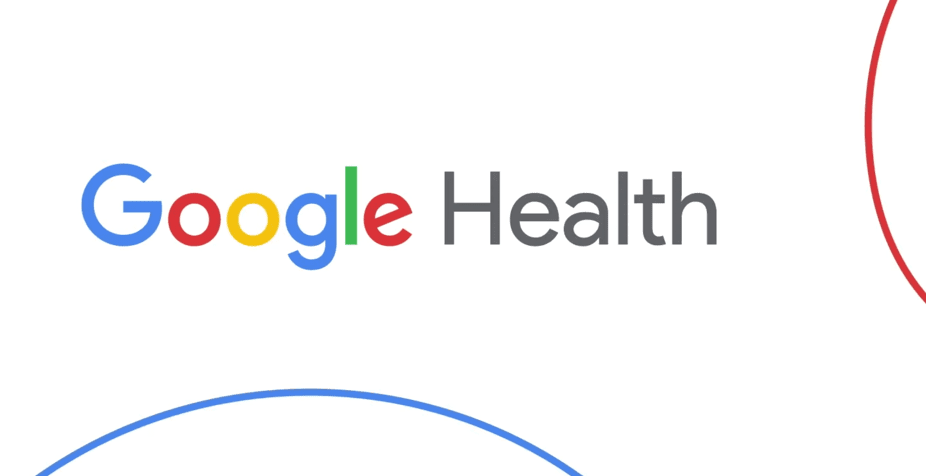
In 2011, Google discontinued Google Health, with the company citing a lack of widespread adoption as the reason for the closure. However, they relaunched the initiative in 2018, with a renewed focus on providing AI-powered tools for healthcare providers and researchers.
One of the key features of Google Health is its AI-powered medical imaging tool, which uses machine learning algorithms to analyze medical images and assist radiologists in making diagnoses. The tool uses millions of medical images, enabling it to detect abnormalities and assist in diagnosing conditions such as breast cancer and lung disease. The tool has the potential to improve the accuracy and speed of medical imaging diagnoses, ultimately leading to better patient outcomes.
In addition to these tools, Google Health also involves in medical research, partnering with academic institutions and healthcare organizations to develop AI-powered tools for medical research. For example, Google Health is working with the Mayo Clinic to develop AI-powered tools for early detection of kidney disease, one of the leading causes of death worldwide.
Google Health has faced some criticism over privacy concerns, with some critics raising concerns about the potential for data breaches and misuse of user data. However, Google Health has implemented robust security measures, including encryption and user consent mechanisms, to protect user data and ensure privacy.
In conclusion: Technology has revolutionized healthcare more than we can ever imagine
Technology has numerous applications in healthcare, improving patient outcomes, and transforming the way medical professionals deliver medical care. From EHRs to telemedicine, wearable devices to precision medicine, AI to robotics, technology is changing the face of healthcare. While there are challenges, such as the digital divide and cybersecurity threats, the potential benefits of technology in healthcare are immense. By embracing technology, health service providers can improve patient outcomes, reduce costs, and make medical care more accessible to everyone.
HOPEE is proud to have worked on a number of healthcare projects, from building clinic and doctors booking systems to medical e-commerce website. We believe our works would contribute to customer experiences when using medical services.
Read more of our success stories here.


